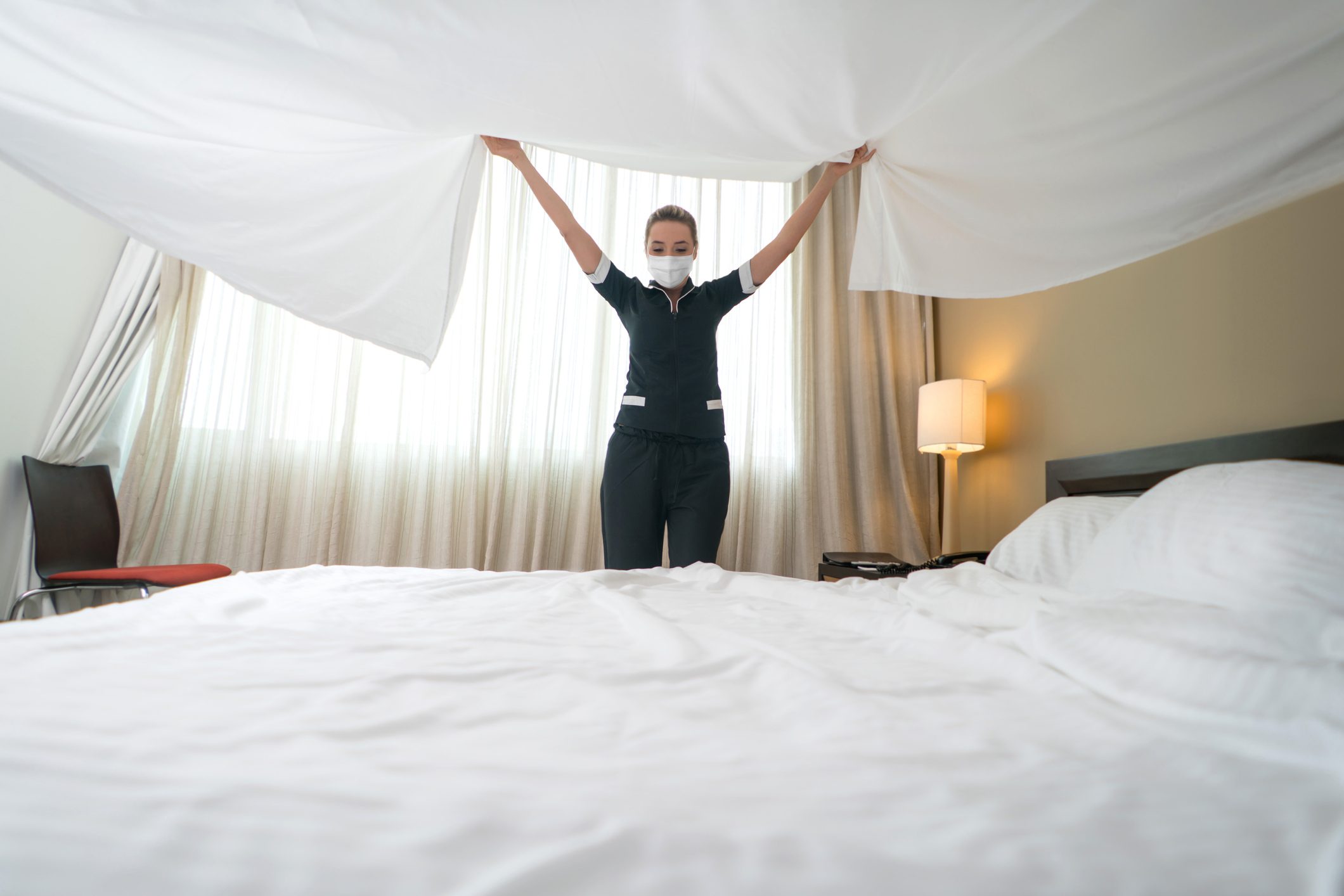
The new normal in hotels
While many of us are dreaming of taking a vacation from COVID-19, when we actually do, we may be surprised to see how hotels have transformed in 2020—and there are many things you won’t be seeing in hotels anymore.
Since the health crisis began in mid-February the hotel industry has seen record low occupancy rate. According to the American Hotel and Lodging Association (AHLA), hotels have already lost more than $46 billion in room revenue and are on track to lose $400 million in room revenue per day. With eight in ten hotel rooms empty per day, transformation and innovation will be the cornerstones to keep the lights on.

Pop-up restaurants
At the Stadt, in Lidköping, Sweden people can rent a room as a private dining space, allowing people to enjoy a meal while still maintaining social distance. Diners place orders by phone and eat in their hotel room that is outfitted with a table. Many hotel restaurants are offering curbside pick-up, take-out, and delivery options for their patrons.

Micro weddings
Hotel ballrooms typically are brimming with hundreds of guests at weddings, however since the pandemic arrived, hotels are seeing a new trend of micro weddings emerge. Depending on the state’s current restrictions on indoor and outdoor gatherings, in general, weddings are limited to 20 to 50 guests. The Fitler Club, a boutique hotel in Philadelphia, is an example of one spot where couples can host an intimate wedding. Justin Miller and Shae Carroll (shown), recently had their micro-wedding at Fitler Club. You will still need to follow these wedding etiquette rules.
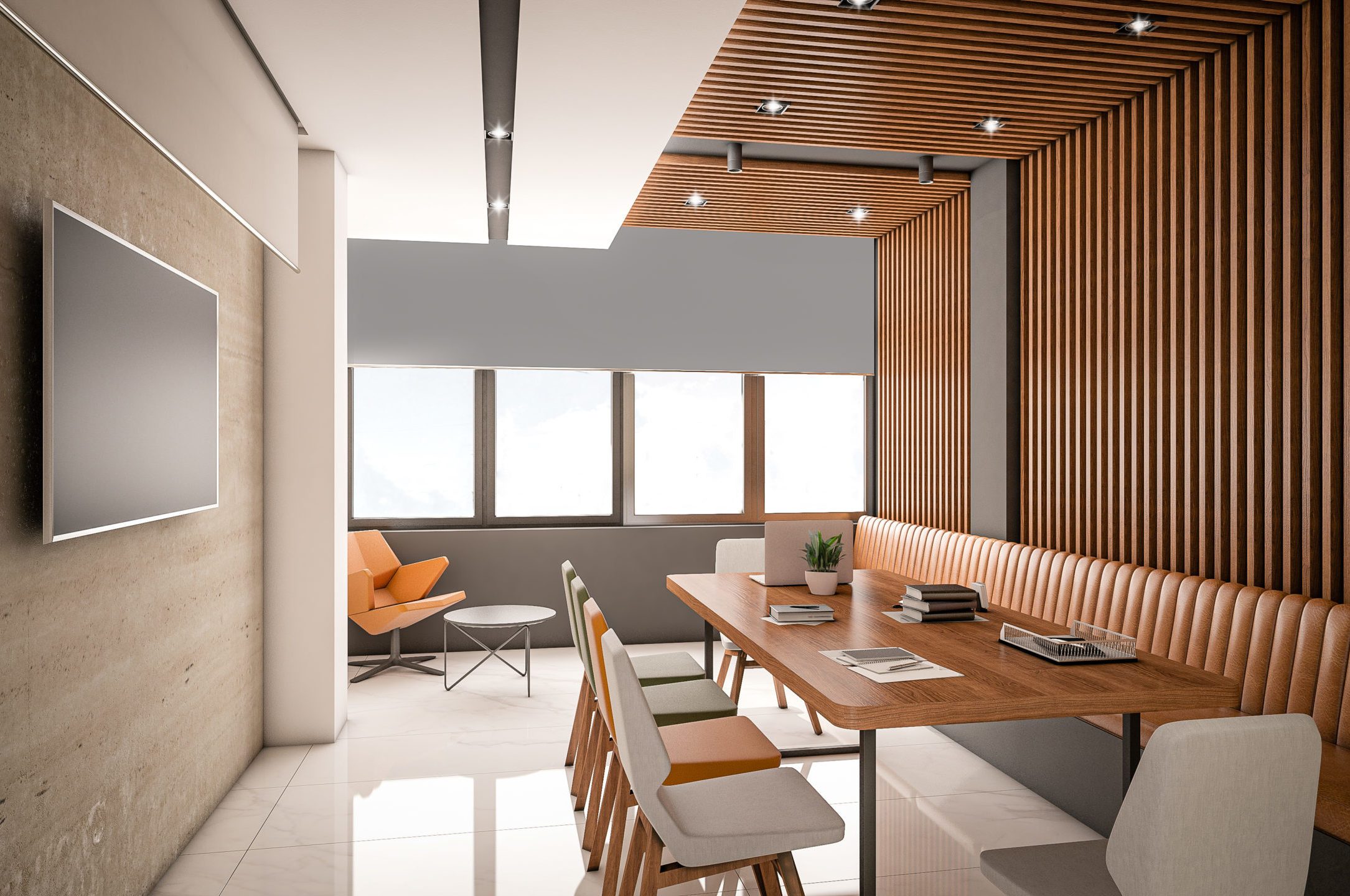
Remote learning sites
With a majority of schools, colleges, and universities operating fully or partially remote, a medley of hotels are offering extensive programming to supplement a student’s learning. Eden Roc Cap Cana has a new 20 to 30 day extended stay family experience which includes unlimited Spanish lessons and piano lessons. The Ritz-Carlton, Amelia Island in Florida has created an educational Field Trip Package where students explore the barrier island ecology to supplement student’s science curriculum during a 4-night stay that includes interactive experiences, created and taught by on-site experts and private educators.
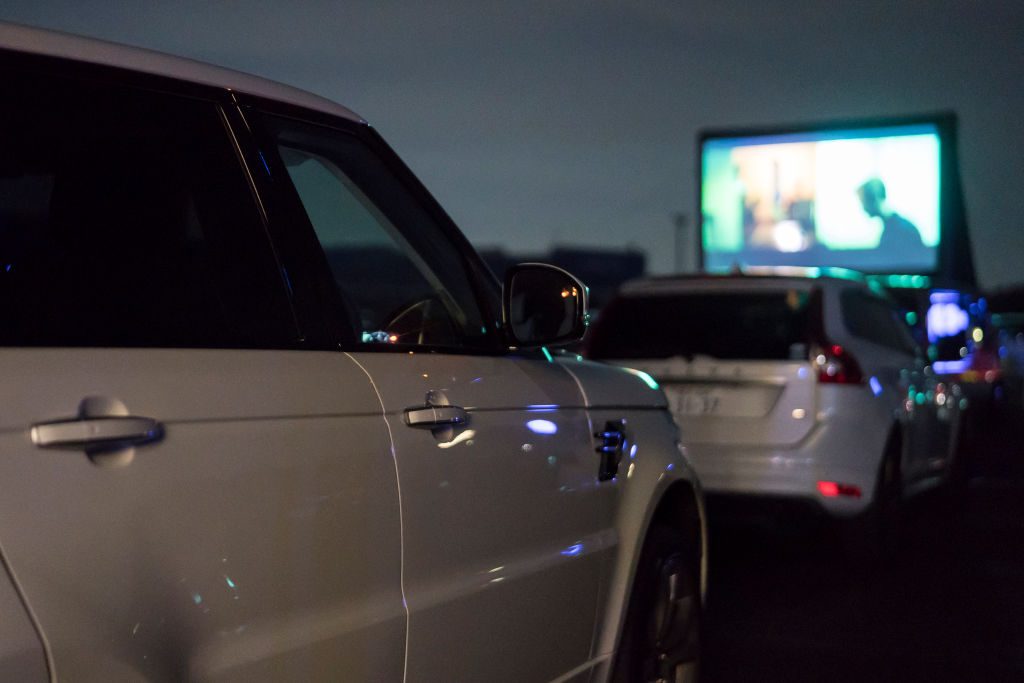
Drive-in movies
While many families had to forego their summer vacations, some enjoyed good old fashioned family fun at their local hotel parking lots and garages. The Andaz Hotel West Hollywood in Los Angeles launched The Sunset Strip Late Night Drive-In where Hollywood residents can watch movies from the top floor of its parking garage while the Fairmont Scottsdale Princess in Arizona played cartoons in its parking lot.
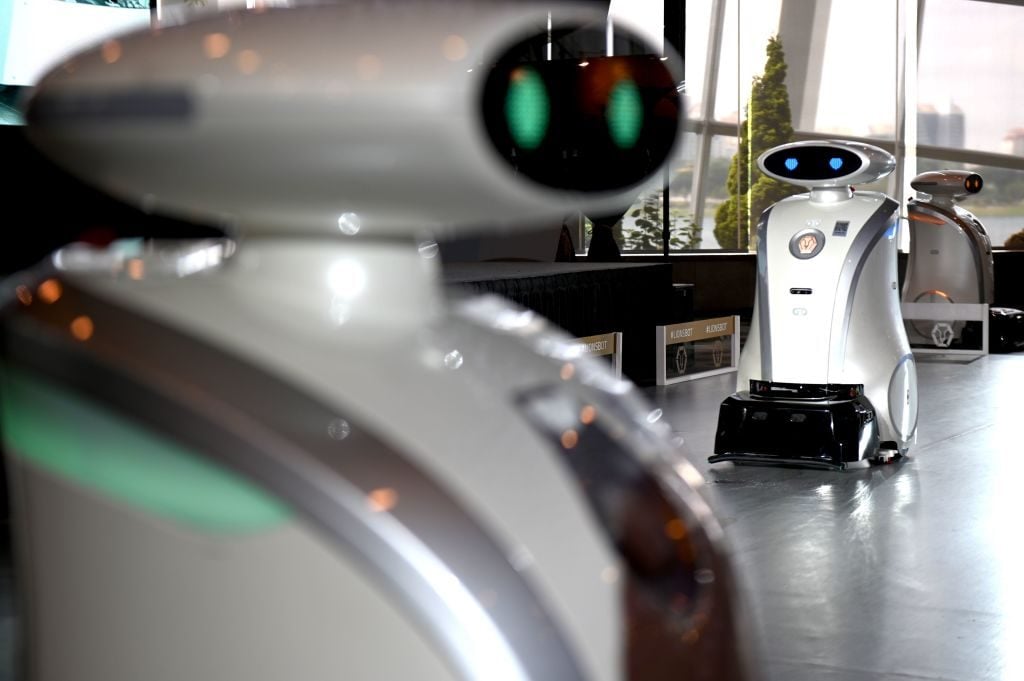
Cleaning machines
Electrostatic sprayers, ultraviolet light technology, and germ-zapping robots are some of the cleaning machines that hotels are deploying to elevate cleanliness and combat COVID-19. Many hotels have also elevated their cleanliness practices by making the guest experience touchless with so they check-in/check-out, unlock their hotel door, and interact with hotel associates without direct contact.
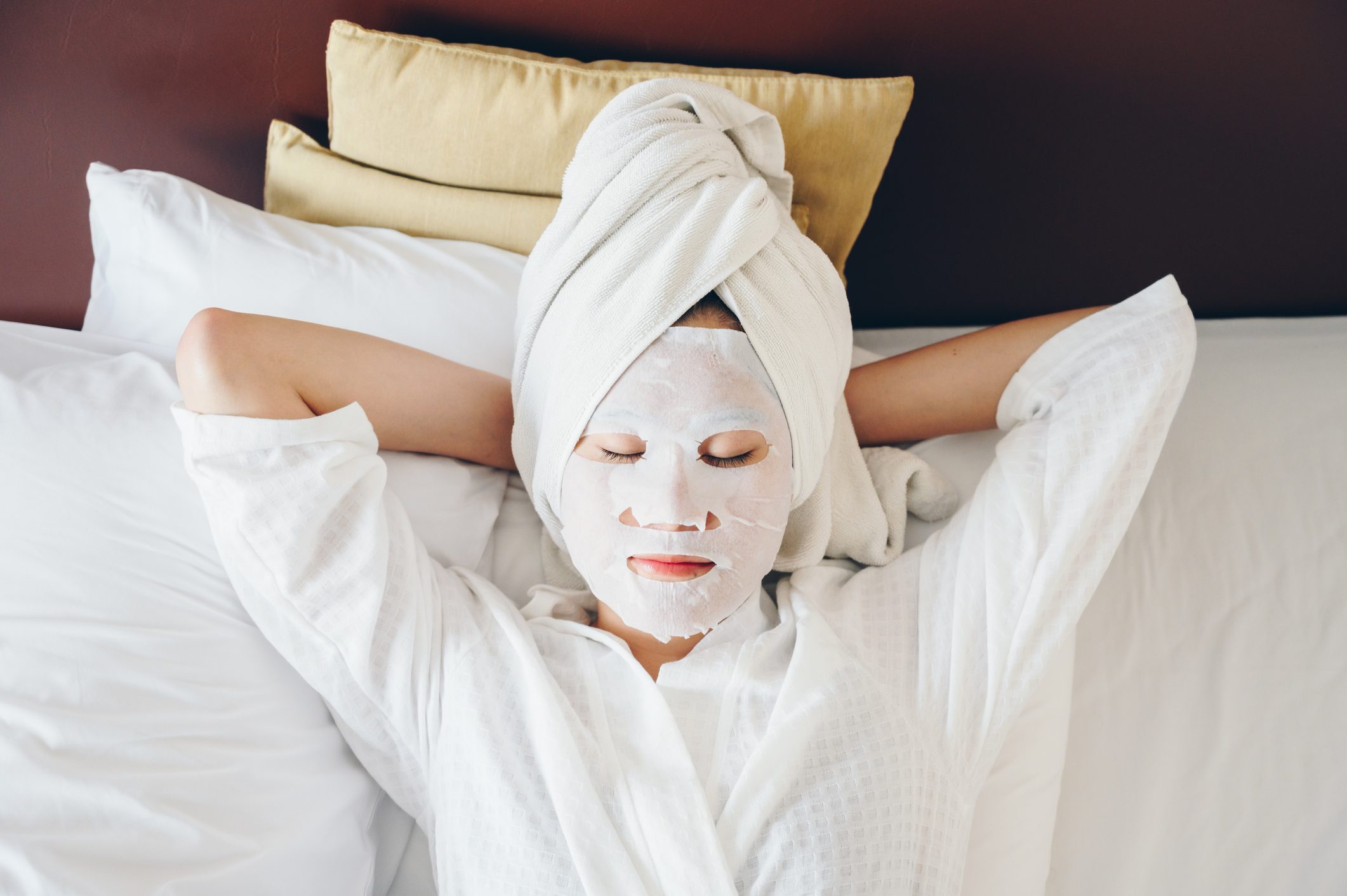
Spa to-go
With many spas closed due to social distancing, Rockliffe Hall in England has created “Spa in a Box,” a room service delivered spa treatment. Guests receive a wellness expert-guided video of how to perform a luxury spa experience from their own bedroom, along with Neom products to keep, including a Neom candle (the Duchess of Cambridge’s favorite candle brand).
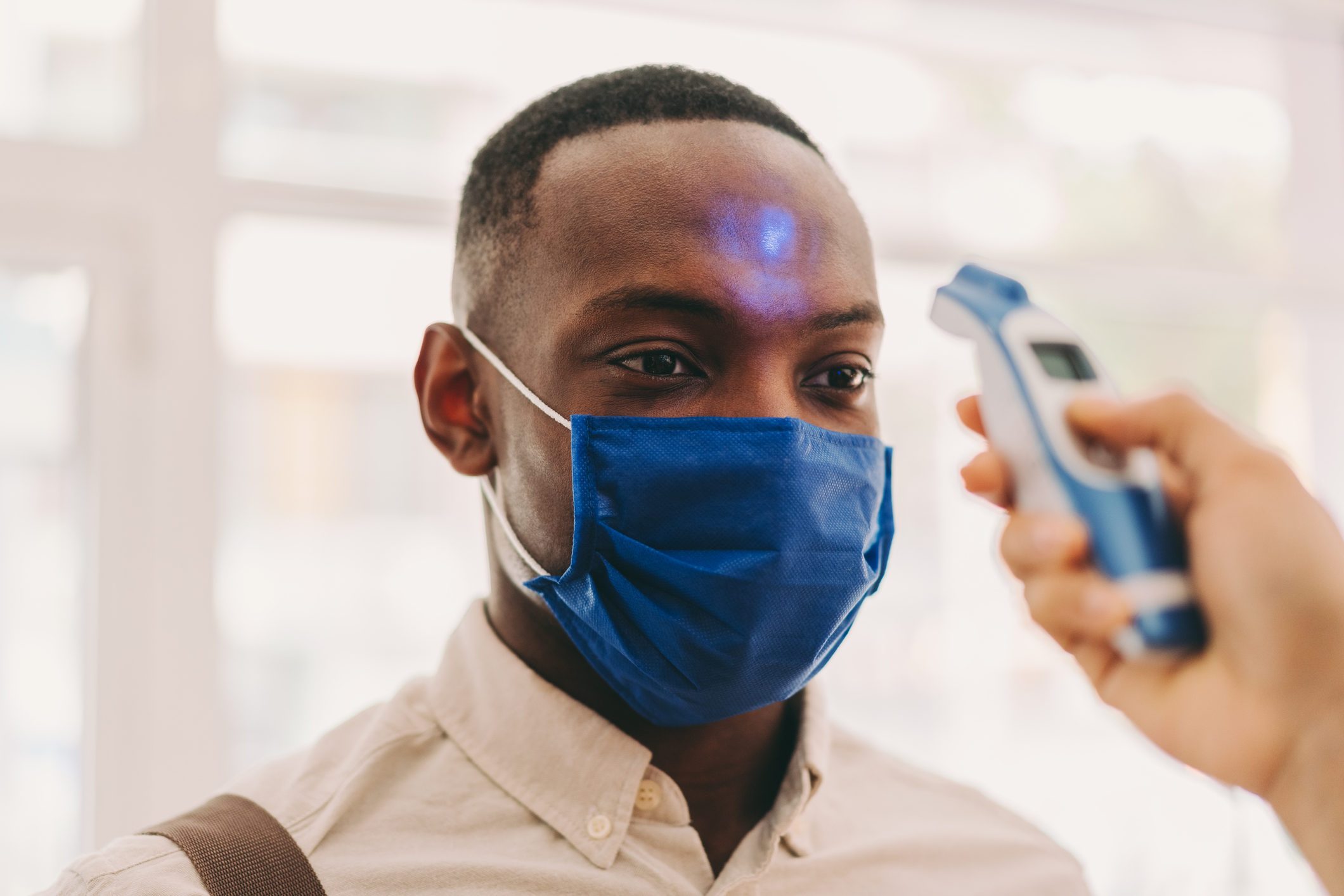
Wellness stations at entry
Don’t be surprised if the first stop at your hotel is at the front door to complete a wellness screening and have your temperature checked. Safety measures will most likely include being asked to use hand sanitizer, don a face covering, and follow six-foot social distancing policies.
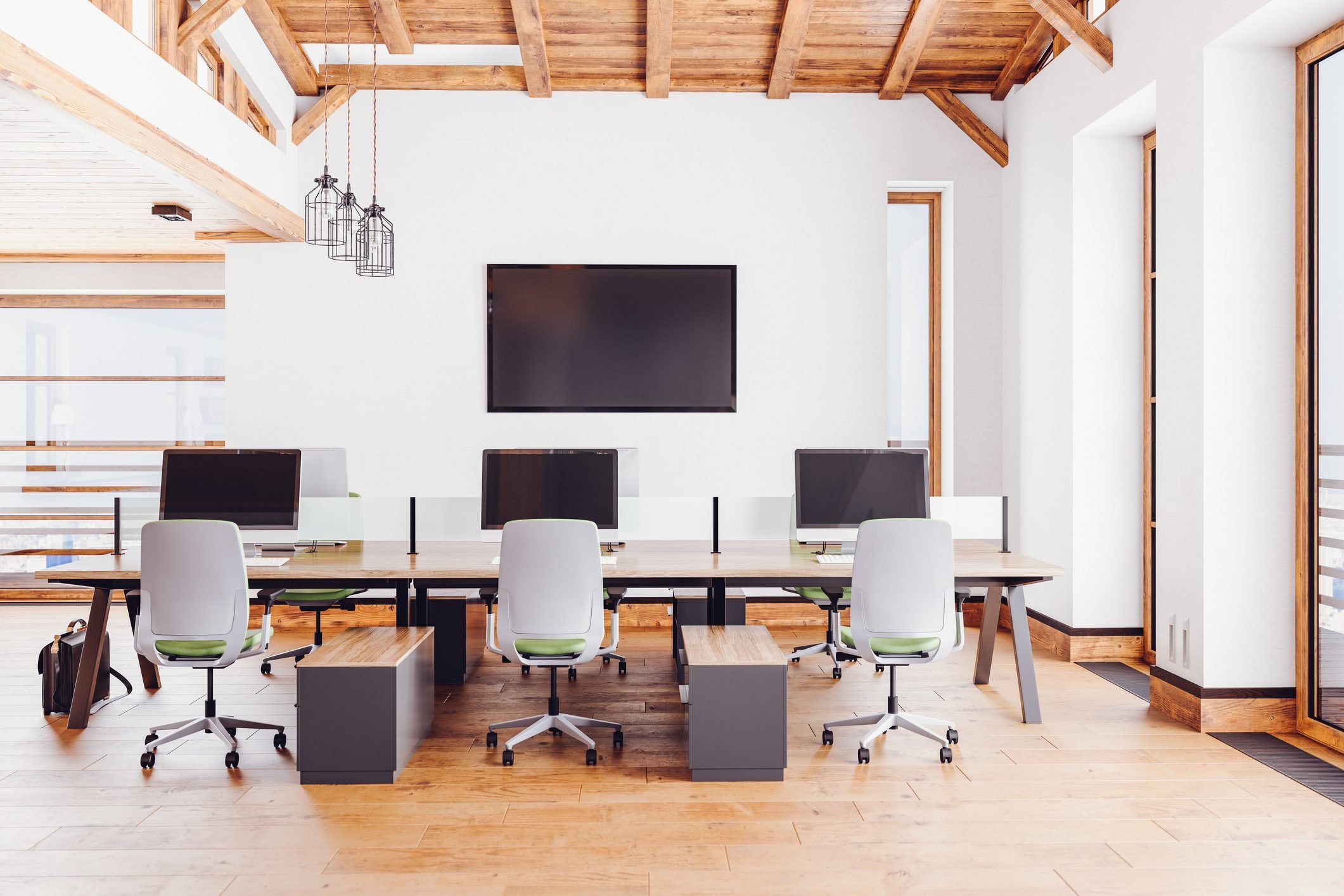
Temporary office spaces
With so many people working from home, hotels are repackaging their spaces to sell rooms to this growing market. Workers can take a break from their home office and work in hotel rooms or suites and enjoy amenities like access to high-speed Wi-Fi, fitness centers and pools, and dining options—not to mention some peace and quiet to work in, away from kids, dogs, and chatty partners or roommates. While some of these hotels are in cities, others are in traditional vacation destinations, such as The Roundtree Amagansett on Long Island, which is offering a package that includes unlimited coffee, snacks, and office supplies. Discover the beaches travelers can’t wait to get back to.
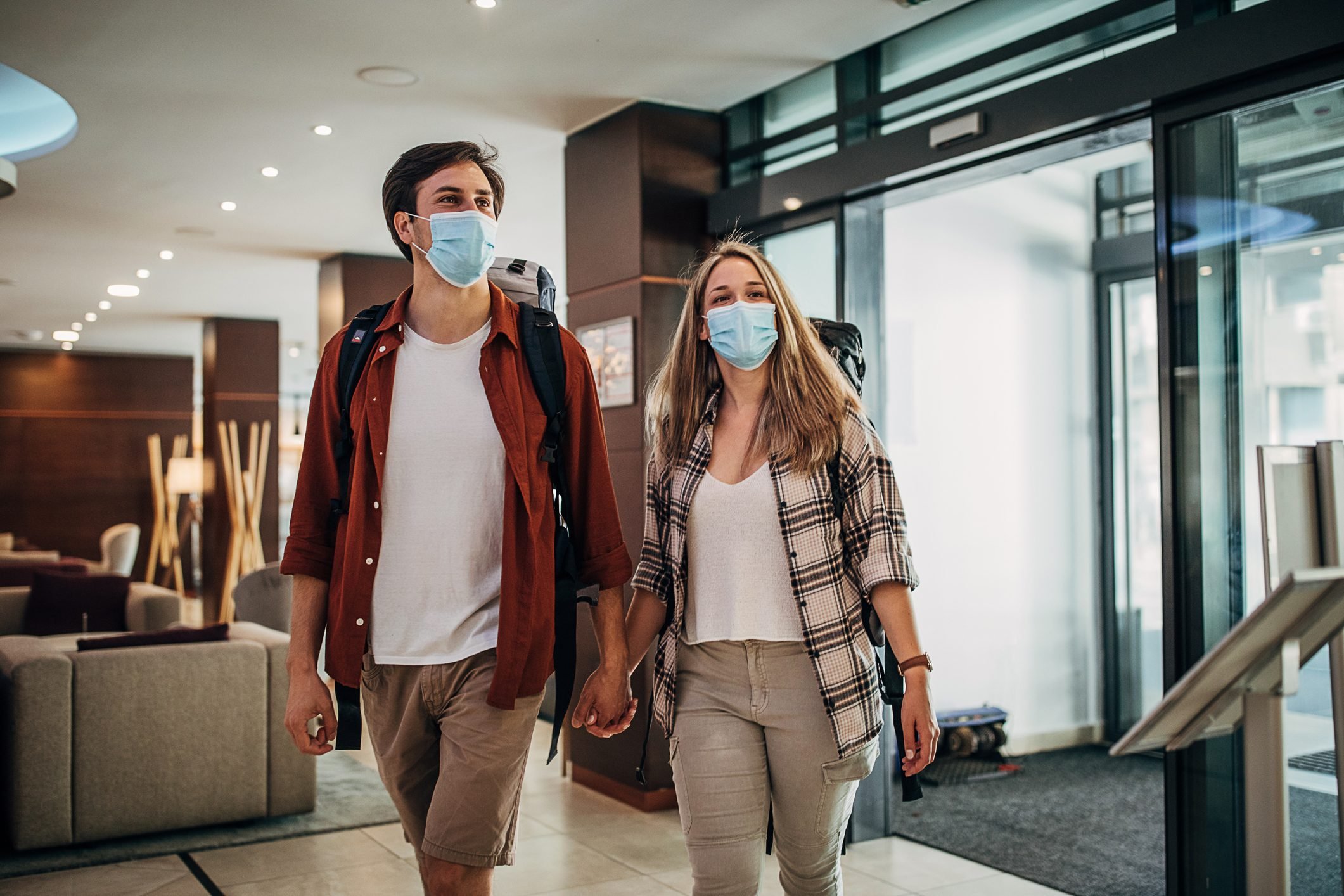
Face coverings
In July, the AHLA noted that its members would begin mandating both guests and employees don face masks as part of new Safe Stay guidelines during the pandemic. Guests at major hotels including Marriott International, Hyatt, and IHG are requiring guests to mask up when in public spaces like lobbies, meeting rooms, restaurants, and fitness centers.
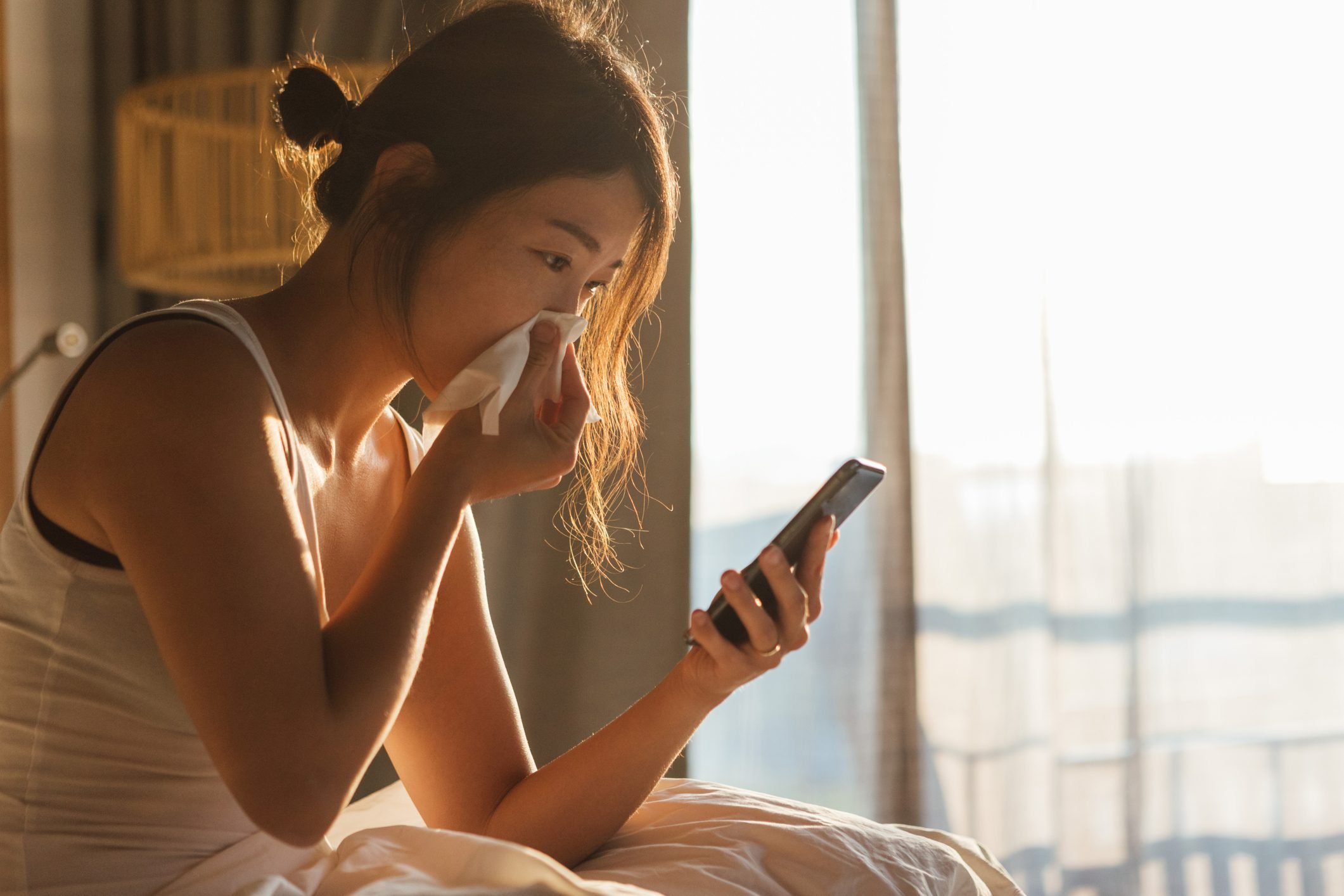
Hospital rooms
Back in April, Chicago was among the first cities to partner with the hotel industry to rent out empty rooms to house patients infected with COVID-19 and provide space for people to quarantine while they waited for test results. The West Wing Hotel in Tampa, Florida was recently refitted as a COVID-19 care site where recovering COVID-19 patients can rehabilitate to free up hospital bed space. While these spaces were temporary, these are 12 ways hotels are changing forever.
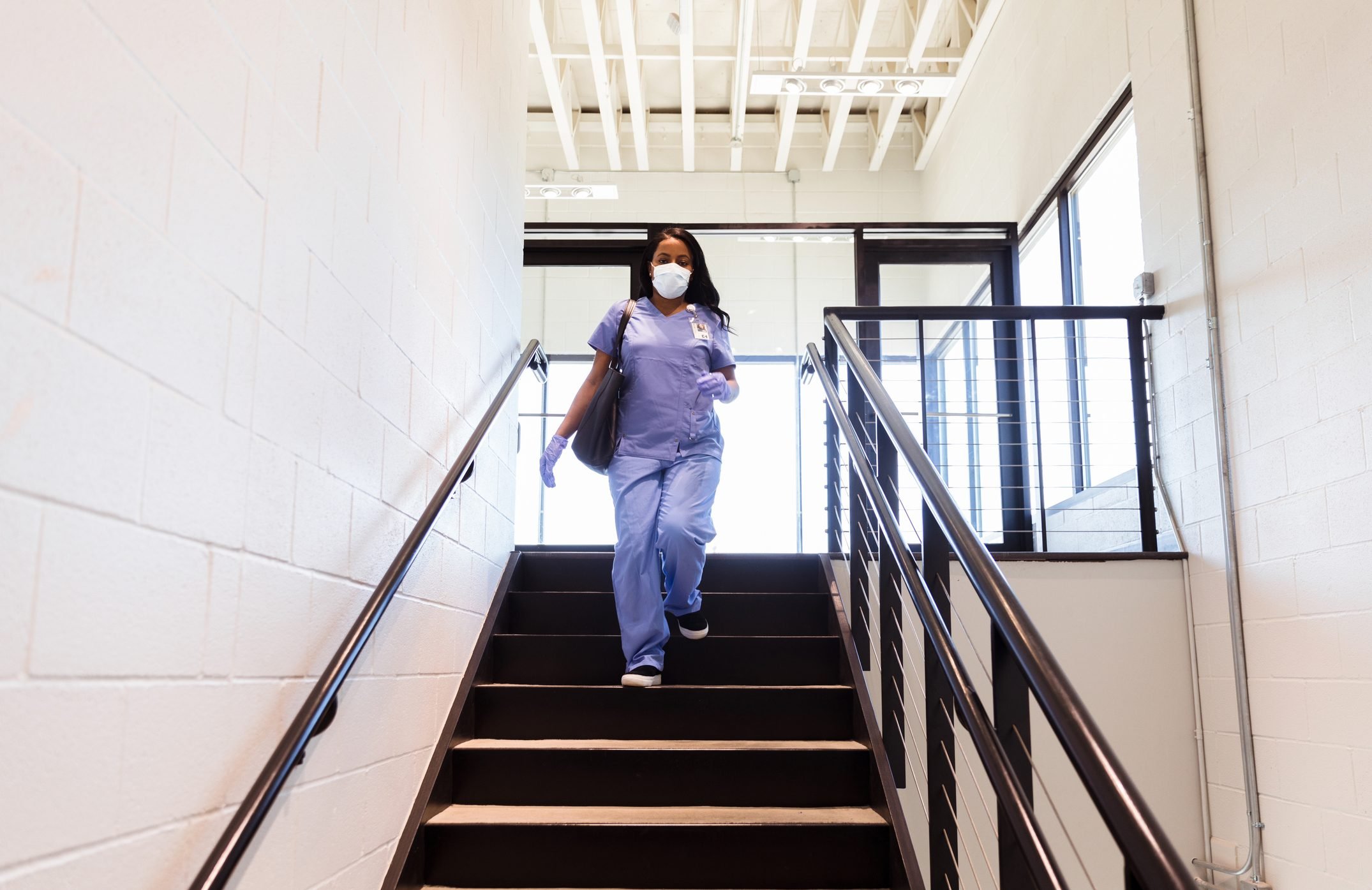
Housing for health care and emergency workers
Working hand in hand with the U.S. Department of Health and Human Services (HHS), the AHLA created a database of hotel properties able to provide temporary housing for health care and emergency workers through the Hospitality for Hope Initiative. According to the AHLA, “participation has grown from nearly 6,000 hotels to more than 15,000 properties with a combined 2.3 million rooms available near established healthcare facilities.” Take a look at how frontline workers have been making an impact on people’s lives.
Sources:
- American Hotel and Lodging Association: “COVID-19’s Impact on the Hotel Industry”
- American Hotel and Lodging Association: “Safe Stay guidelines”
- American Hotel and Lodging Association: “Hotels Supporting Healthcare”
